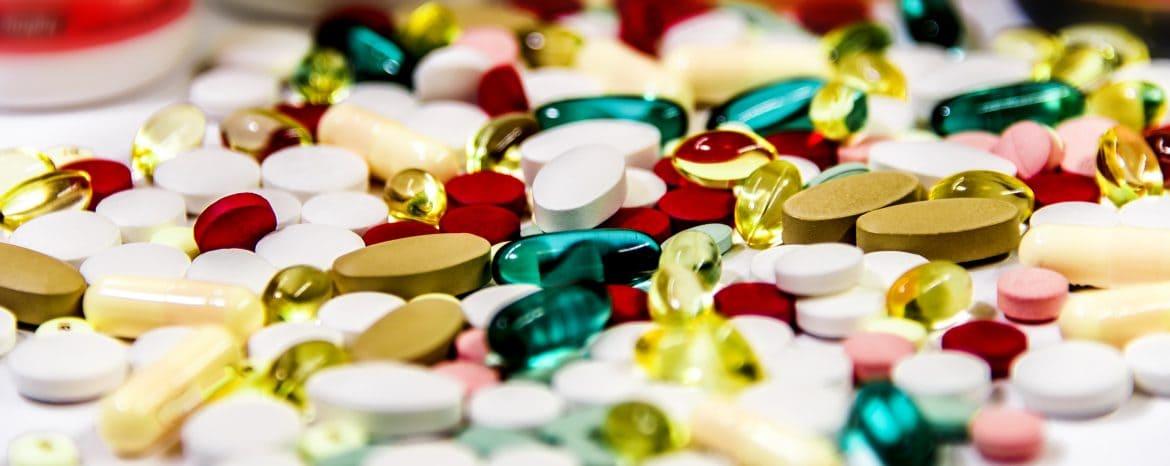Studies have shown that drugs and alcohol tend to go hand-in-hand with crime. Around 60 percent of individuals who are arrested for a variety of crimes test positive for drug use at the time, and 80 percent of individuals who are arrested abuse alcohol or drugs. In some cases, alcohol and drug use leads to the crime; in other cases, criminal charges are compounded by the inclusion of illegal drugs in some way.
According to the National Council on Alcoholism and Drug Dependence, crimes related to drugs come in three basic categories. First are crimes related specifically to the drug itself; someone can be charged if he or she is found to be involved in manufacturing, selling, trafficking or using illegal drugs. Violence directly related to the sale of drugs also falls in this category and can include assault between rival drug dealers or gangs.
Those who use drugs also commonly commit other types of crimes — and this is true even if the person first started to abuse drugs or became addicted when taking a valid prescription drug. First, there are use-related crimes. These are things that occur when someone is reacting to the drug; during a high, for example, someone might be more aggressive than normal and get in fights. They might also be less inhibited and willing to take risks, such as stealing.
Next, there are economic-related drug crimes. These occur when someone engages in illegal activity in order to fund his or her drug habit. Some common crimes in this category include theft, fraud and prostitution.
If you are being charged with drug-related crimes, then you aren’t without options. For example, if you were driven to criminal activity by an addiction, you might be able to seek a reduced sentence by attending rehab. The only way to understand what your options truly are is to talk to a criminal law attorney about your case.
Source: National Council on Alcoholism and Drug Dependence, “Alcohol, Drugs, & Crime,” accessed Feb. 17, 2017

